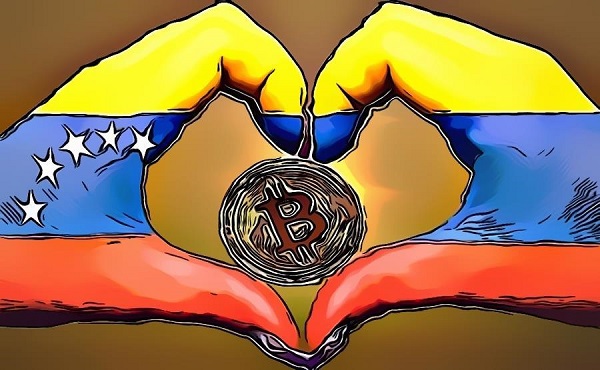2019 was a tough year for Venezuela’s energy consumers as the country faced several blackouts. In fact, one of the first widespread blackouts in the country began on March 7th and last through 14th March; it was the longest blackout in the history of the country. Several more blackouts followed this one and reportedly dozens of people died. Interestingly, a Guardian article suggests that blackouts are going to be more common in the country in the future.
The lack of electricity in the country has inspired the likes of Randy Brito, a Venezuelan crypto enthusiast, to focus on producing an electricity-free solution for Bitcoin(BTC)trade payments. This led Randy to launch the Locha Mesh project. It is an open-source project that enables private messages and payments to be exchanged without an internet connection.
Digital currency is popular among Venezuelans. Various economic sanctions on Venezuela have forced the citizens to adopt Bitcoin and other digital currencies as ideal mediums of payment. Unfortunately, power shortages hamper these virtual funds transfer routinely. But Brito hopes that with the Locha Mesh initiative, thousands of Venezuelans will be able to benefit from it.
Brito has pioneered two specialized routers called Turpial and Harpy. Both devices do not need an internet connection to operate. Instead they pass messages around the “mesh” until one end point finally gains access to the internet. According to Brito, these routers will allow commercial activity to persist even during blackouts by making it possible for users to send and receive funds by using digital currency.
Locha Mesh’s Phases
According to Brito, the first phase of the prototype involved setting up a small experiment to test how long these devices persisted in conveying digital payments in the absence of internet. The devices performed remarkably well with a 22-hour of consistent successful operation.
The second phase involved testing small and fast payment methods. The scaling solution was tested on Bitcoin’s Lightning Network. The Lightning Network requires devices to be connected or else it would not be possible to know if transaction is completed or not. “These nodes, these devices are always connected to the Lightning Network,” said Brito.
Brito heads a team of six people who plan on deploying his solution to the general public once he has attracted the attention of donors and investors. In this regard he visited Lightning Conference 2019 in Berlin, Germany. It is expected that Locha Mesh will be launched sometime during the first quarter of the next year.






